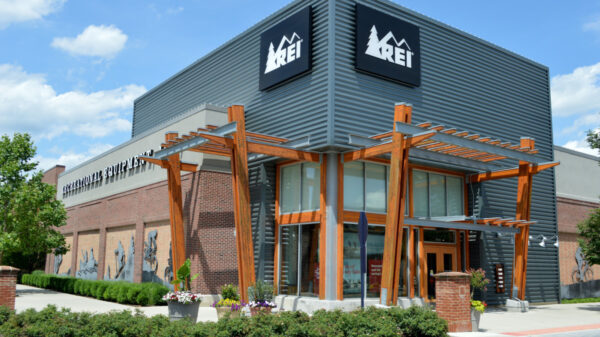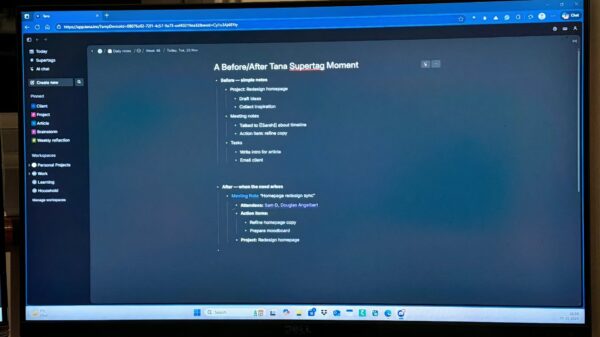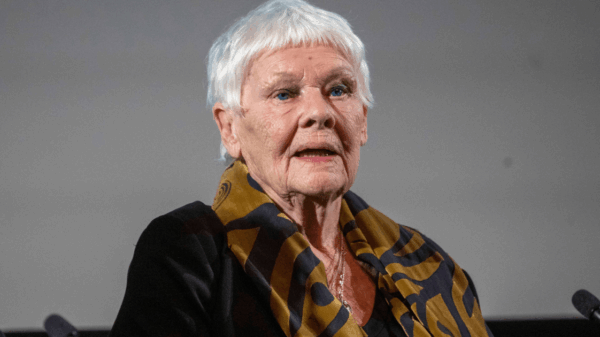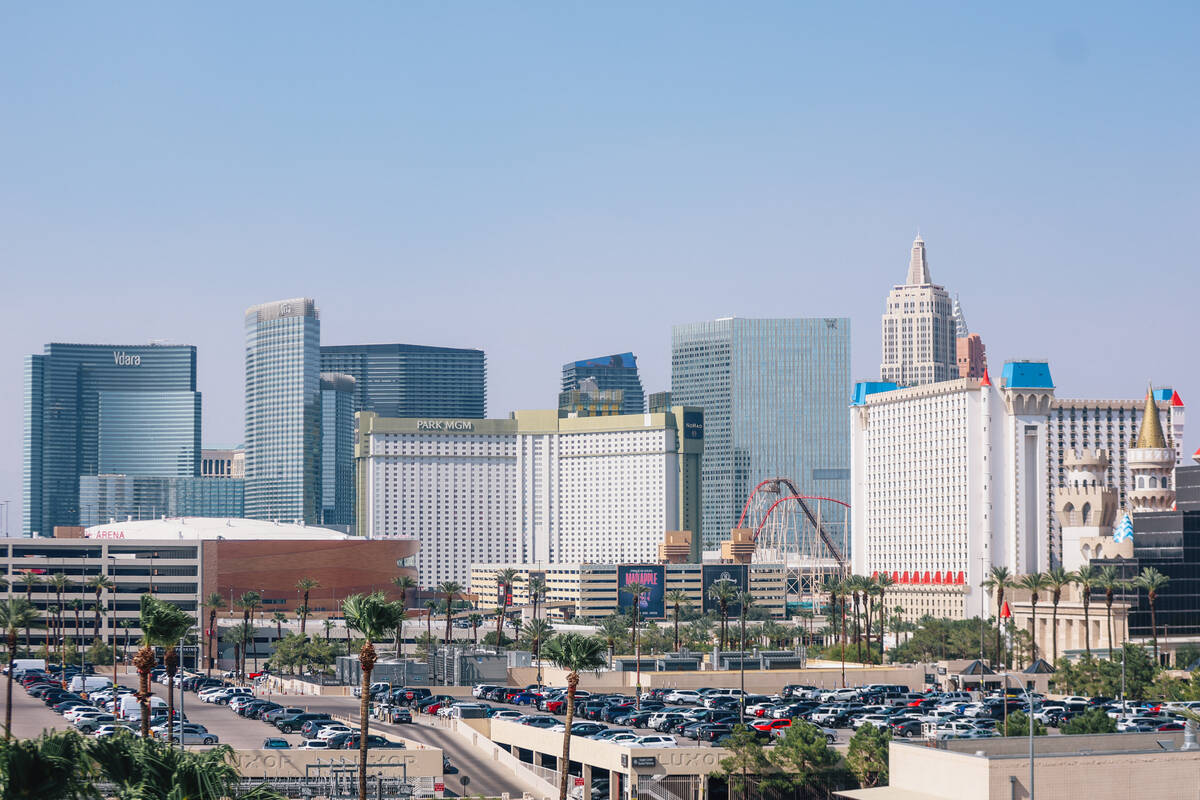The tourism industry in Las Vegas is grappling with a decline in visitors, a situation some attribute to broader economic issues, while others point to local decisions that have alienated potential travelers. In a recent statement, Susie Lee, a representative from Southern Nevada, suggested that the region’s “economic slump” is a direct result of the “chaotic tariffs and reckless policies” of the Trump administration. However, a deeper examination reveals that the challenges may stem from changes in how Las Vegas has approached tourism in recent years.
Las Vegas has traditionally relied on a formula that attracted visitors through competitive pricing and a variety of entertainment options. This formula appears to have shifted significantly. Many visitors now feel that they are being charged excessively for various experiences, from hotel accommodations to entertainment and dining. As a result, some potential tourists are reconsidering their travel plans, opting for other destinations that offer similar gambling and entertainment experiences at lower costs.
In an era where alternatives to Las Vegas have become increasingly accessible, the city is no longer the sole option for those seeking a vibrant gambling atmosphere. Numerous locations around the United States—and indeed, globally—now provide competitive gaming experiences. The changing landscape of tourism means that Las Vegas must reevaluate its pricing strategies and the overall visitor experience if it hopes to remain a leading destination.
The local sentiment reflects a growing frustration among potential visitors. Many individuals feel that Las Vegas has lost touch with the expectations and budgets of its clientele. As more destinations emerge, offering comparable attractions at a fraction of the cost, Las Vegas risks losing its status as a premier entertainment hub.
The implications of this shift are significant. According to recent reports, if Las Vegas does not adapt to the changing preferences of tourists, the city could face even steeper economic challenges. The tourism sector is a critical component of the local economy, and a decline in visitors can have ripple effects throughout various industries, including hospitality, retail, and entertainment.
Local leaders and business owners are urged to consider the long-term impact of current practices. As the debate continues regarding the causes of the economic downturn, it is clear that a collaborative effort is needed to rejuvenate the tourism sector. Adapting to the needs of modern travelers may be the key to revitalizing Las Vegas and ensuring its economic future.
In summary, while external factors may play a role in the current economic situation, Las Vegas must also take a hard look at its own strategies and policies. As the city navigates these challenges, fostering an environment that prioritizes value and visitor satisfaction will be essential in reclaiming its position as a top-tier destination for tourists worldwide.






































































